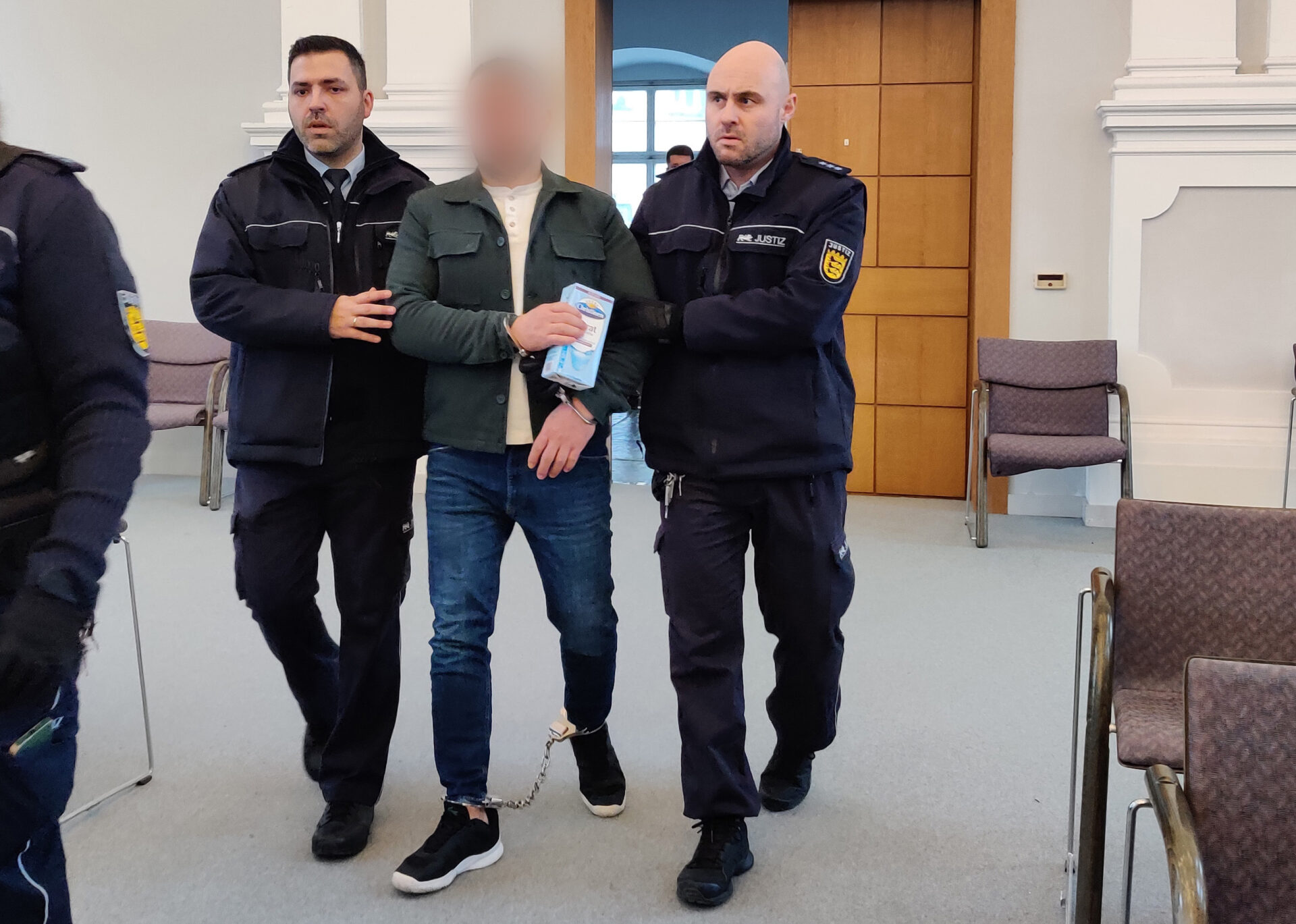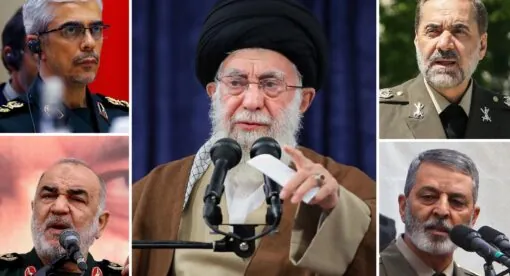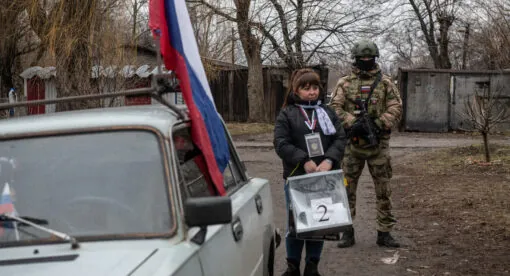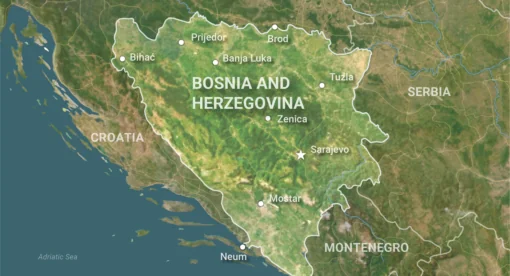The body of evidence implicating the Syrian regime directly in the trade of the amphetamine-type illicit drug captagon has become substantial, causing serious organized crime, public health, and security devastation in the region.i The regime of Syrian President Bashar al-Assad has been widely and credibly implicated as the primary force behind the rapid upscaling of the illicit manufacturing, trafficking, and trade in captagon.ii However, while evidence on captagon production and trafficking has accumulated, there remains little momentum on accountability pathways that can jump-start criminal mechanisms. Thus far, the policy response to the captagon trade has largely been ad hoc and piecemeal, focusing on particular aspects of the trade, such as precursor control or interdiction at border points, rather than broader supply-and-demand reduction. Accountability for implicated actors has been particularly absent in any governmental or multilateral response to the captagon trade.
To fill this gap, a cross-section of international mechanisms may contribute to advancing the Syrian state’s accountability for its role in the manufacturing, trafficking, and trade in captagon. Robust forms of accountability rest upon rigorous fact-finding; pre-existing standards against which impugned conduct is to be measured; appropriate mechanisms ensuring procedural fairness; and just and proportionate consequences for culprits where violations are found to have occurred.
To best address accountability as it relates to the Syrian regime’s involvement in the captagon trade, governments can take up judicial, quasi-judicial, nonjudicial, and political mechanisms – particularly within the context of the United Nations human rights architecture – to achieve greater accountability:
- Multiple countries can submit the captagon issue to the U.N. Human Rights Council Universal Periodic Review (UPR) process.
- The World Health Organization and U.N. Organization on Drugs and Crime can establish fact-finding missions into captagon’s malign public health effects.
- The U.N. Human Rights Council can consider expanding the Independent International Commission of Inquiry on the Syrian Arab Republic (CoI) on the trafficking, production, and dissemination of captagon in regard to Syria.
- The Human Rights Council can establish a mandate focusing on human rights in the context of illicit narcotics.
- UN Charter and Treaty based procedures linked to narcotics directly or linked to its impact can be explored.
- Governments can adopt a multilateral cooperation framework that will provide the necessary infrastructure to identify supply chains, gather intelligence on implicated actors, and support accountability efforts among law enforcement entities and policymakers.








